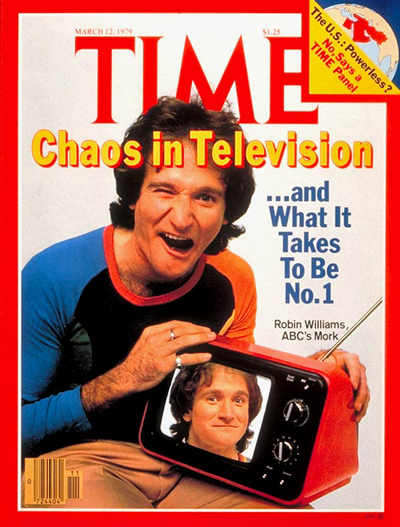
This Tuesday marks the one-year anniversary of Robin Williams’ surprising death. In honor of the milestone, here are five essential TIME stories chronicling his remarkable career:
The introduction: The first full-fledged TIME article about Williams (excluding a capsule review of Mork & Mindy that ran earlier that fall) was this Oct. 1978 story about how the comic’s career was destined to be much more than Mork.
Most of Williams’ characters are children of his imagination–an imagination nurtured during the requisite lonely childhood. The last child of a vice president of the Ford Motor Co., Robin was born in Chicago and grew up in the posh Detroit suburb of Bloomfield Hills. His two half brothers were already grown when he was born, and Robin spent hours alone in the family’s immense house, tape-recording television routines of comics and sneaking up to the attic to practice his imitations. “My imagination was my friend, my companion,” he recalls.
Subscribers can read the whole story here, in the TIME Vault: The Robin Williams Show
The cover story: Not a year had gone by before Williams was on the cover of TIME, for a story about what it took to top the ratings.
It could be argued that Williams landed in the right role in the right time slot (8 p.m., when children control the nation’s sets). But Williams is not so much lucky as talented. In his stand-up nightclub act, which he does for free, to keep in touch with live audiences and to try out new material, he displays a range that encompasses Jonathan Winters, Danny Kaye, Steve Martin and Daffy Duck. Though always wearing the same costume–baggy pants, loud shirts, suspenders–he whips in and out of a multitude of comic characterizations. He can mimic the cadences of Shakespeare, many foreign languages, an ark of animals, various machines. His act includes a redneck used-car salesman, a Russian comic, a gay director, a touchingly mad grandpa.
Subscribers can read the whole issue here, in the TIME Vault: Chaos in Television
The next step: By the time Richard Schickel reviewed Good Morning, Vietnam in 1987, Williams was firmly enshrined as “the decade’s reigning comic soloist.” In a full-page feature accompanying the review, Richard Corliss reported on Williams’ transition from successful comic to full-on movie star.
Williams needed to find a movie that dirtied his shirt, that liberated his pinwheeling raunch. Now he has. Goodbye, straight-man straitjacket. Good Morning, Vietnam.
Subscribers can read the whole story here, in the TIME Vault: Playtime for Gonzo
The interview: In 2011, around the time of Williams’ Broadway debut, Belinda Luscombe spoke to the actor about the world, his career and the perils of fame.
Is being funny sometimes a hindrance to social interaction?
I was once walking in an airport, and a woman came up to me and said, “Be zany!” That’d be like walking up to Baryshnikov and going, “Plié! Just do a plié! Do it! Do a relevé right now! Lift my wife up!”
Read the full Q&A, free of charge, here on Time.com: 10 Questions for Robin Williams
Read the outtakes here: 10 More Questions With Robin Williams
The end: When news broke of Williams’ death, TIME published a special issue remembering the man and his work. At its center was a stirring remembrance by Richard Corliss, who captured just why those two personas—the human being, the comic—had touched so many people.
For all his serious film roles, which garnered him a Supporting Actor Oscar (for Good Will Hunting) and three Best Actor nominations, Williams at his purest was the id unleashed, geysering nonstop shtick of the highest order. “You’re only given one little spark of madness,” he said. “If you lose that, you’re nothin’.” His spark was a forest fire, a comic conflagration that warmed the world and damaged no one.
Perhaps excepting himself. Addicted to cocaine and alcohol, Williams also made frequent guest appearances at rehab clinics, held over by his own demand. His wild ways exhausted two wives and widowed the third, Susan Schneider, whom by all accounts he adored. He suffered from depression, not a rare malady for comedians, and surrendered to it on Aug. 11, when he hanged himself in his Tiburon, Calif., home. Rigor mortis had already set in when his personal assistant found him. Williams was 63.
Read the full obituary, free of charge, here on Time.com: The Heart of Comedy
Robin Williams' Life in Pictures
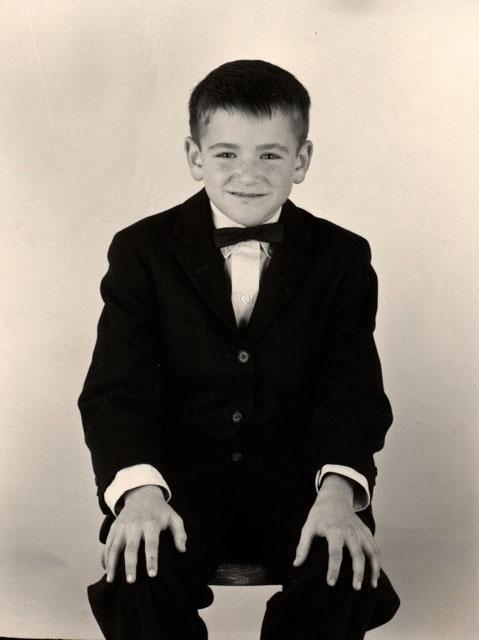
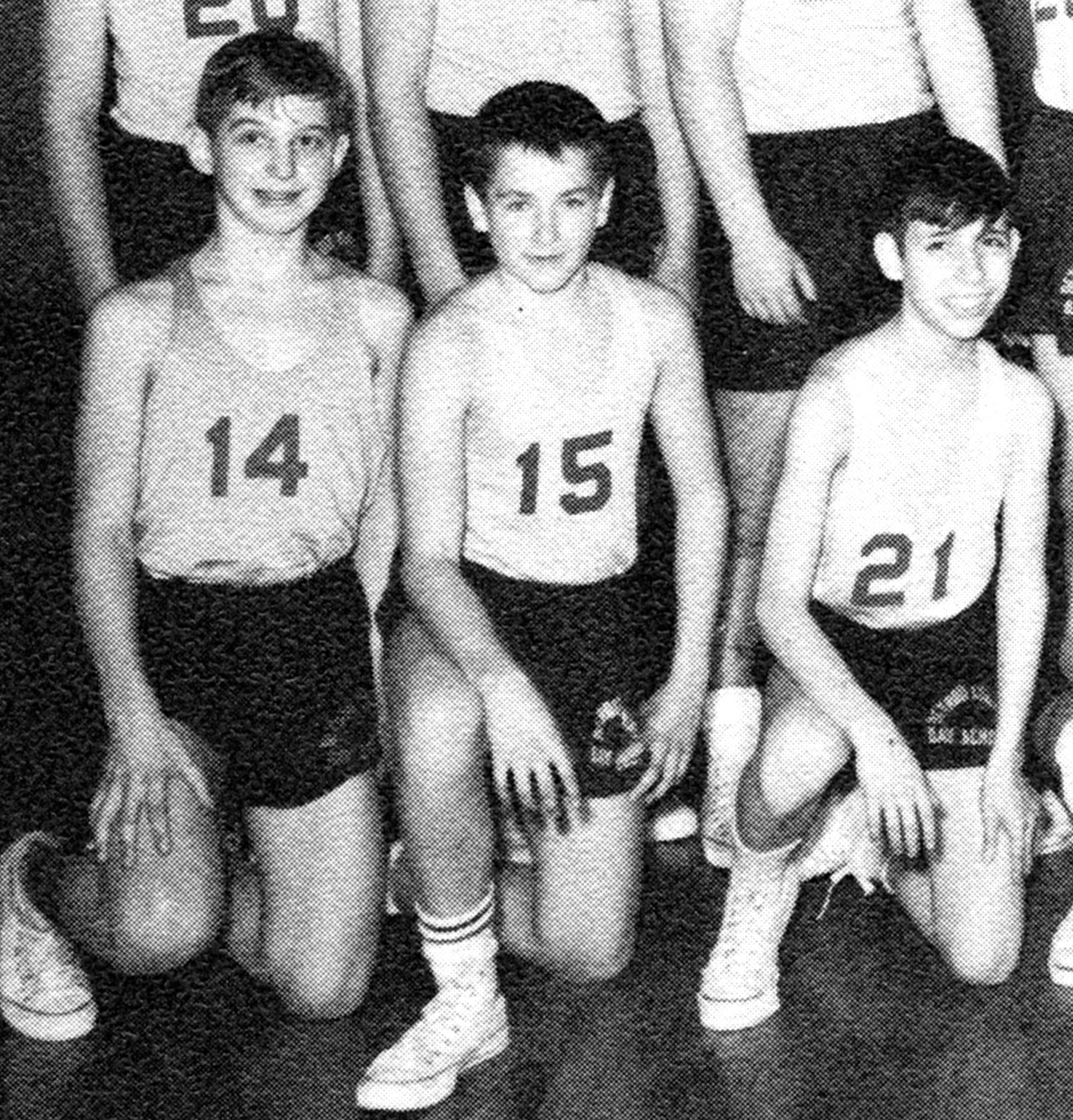
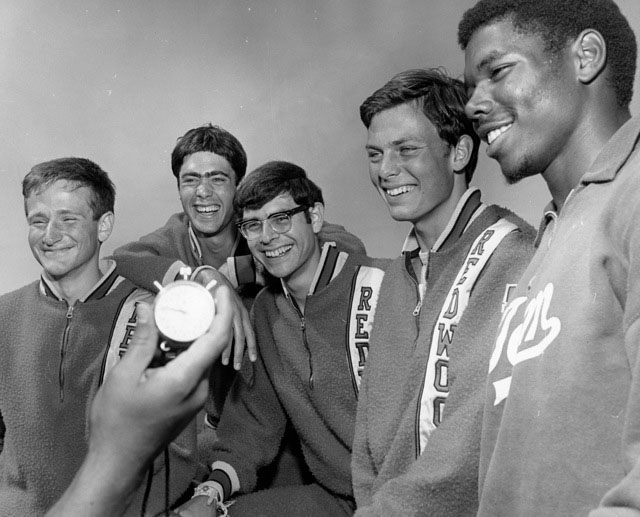
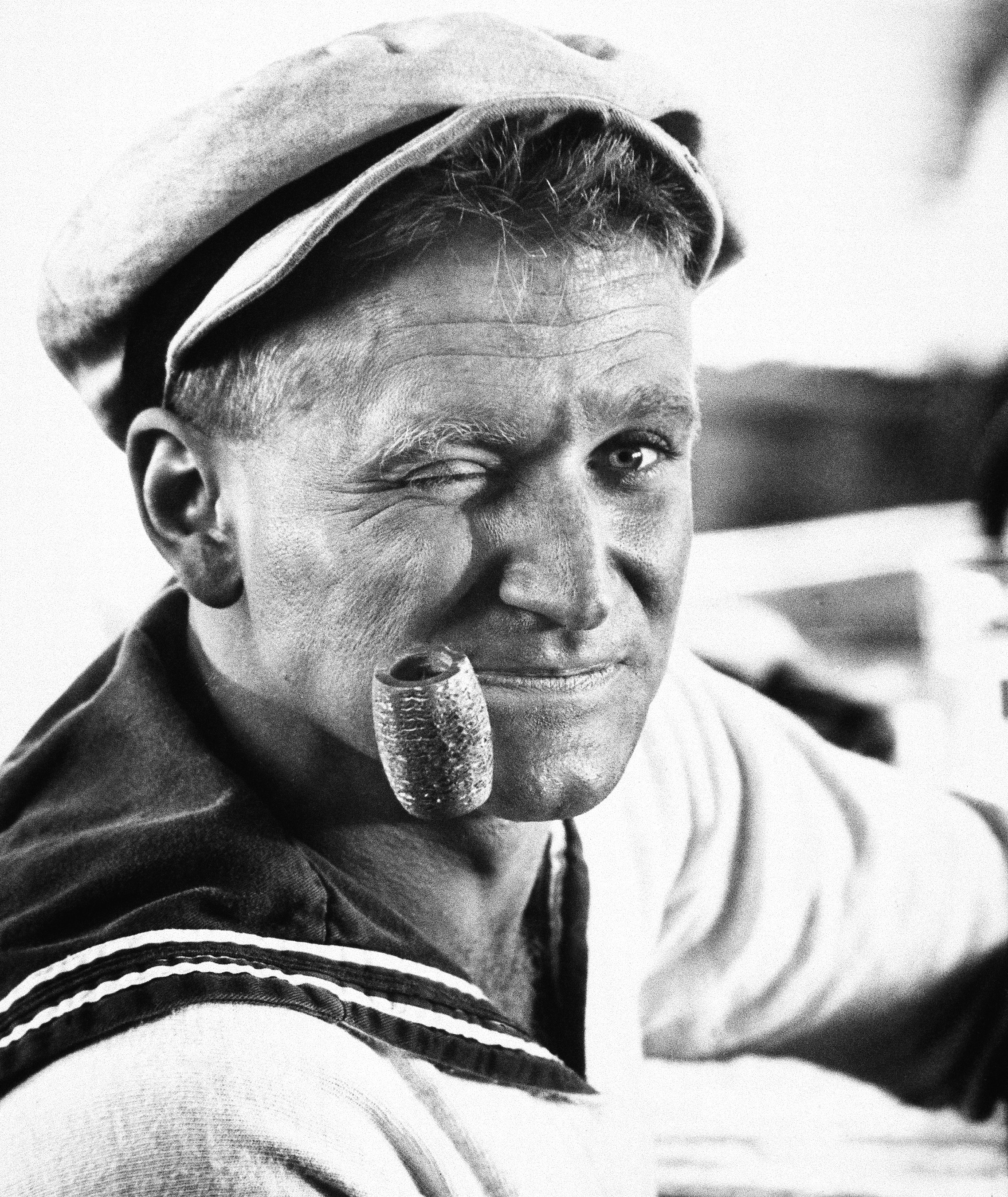
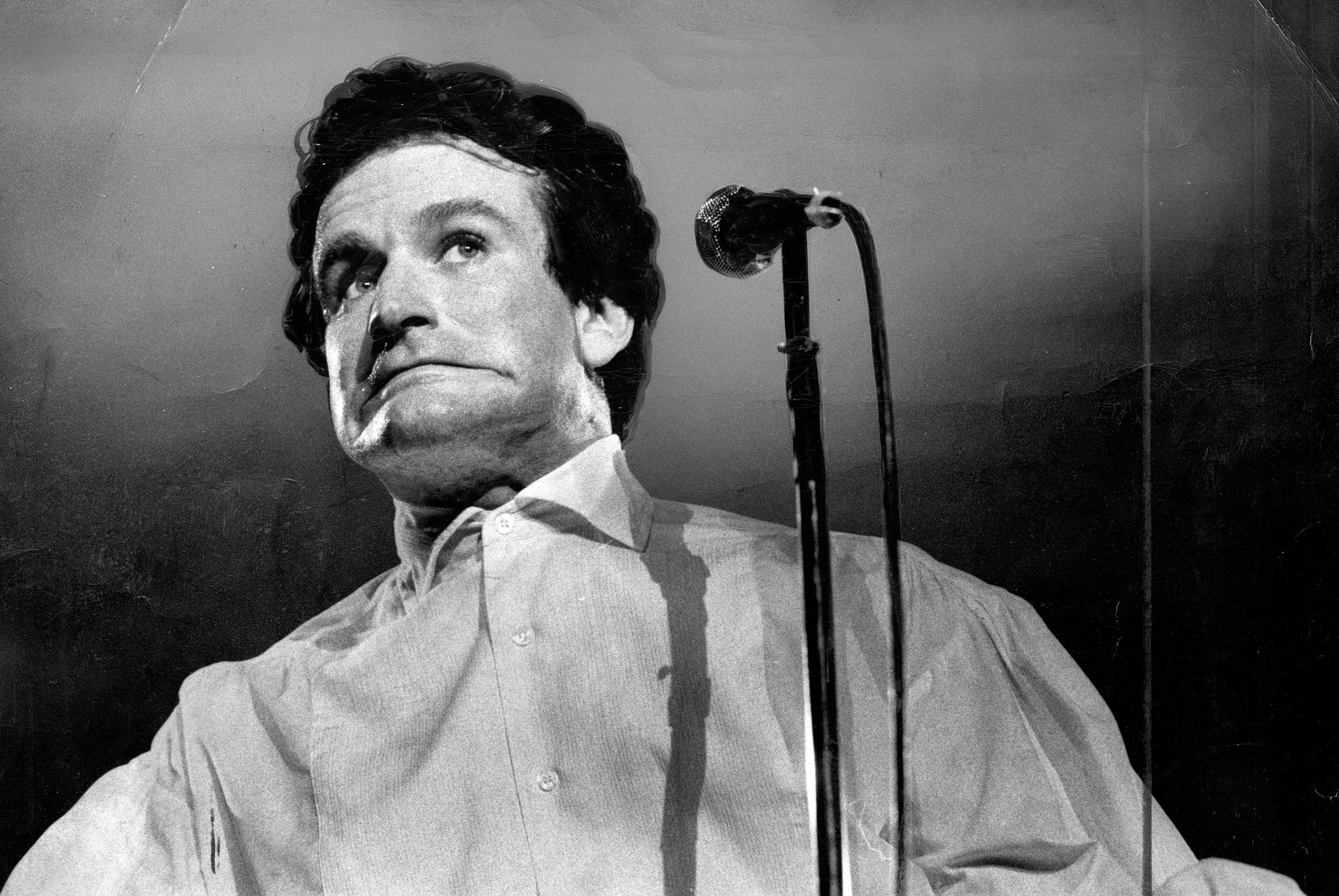
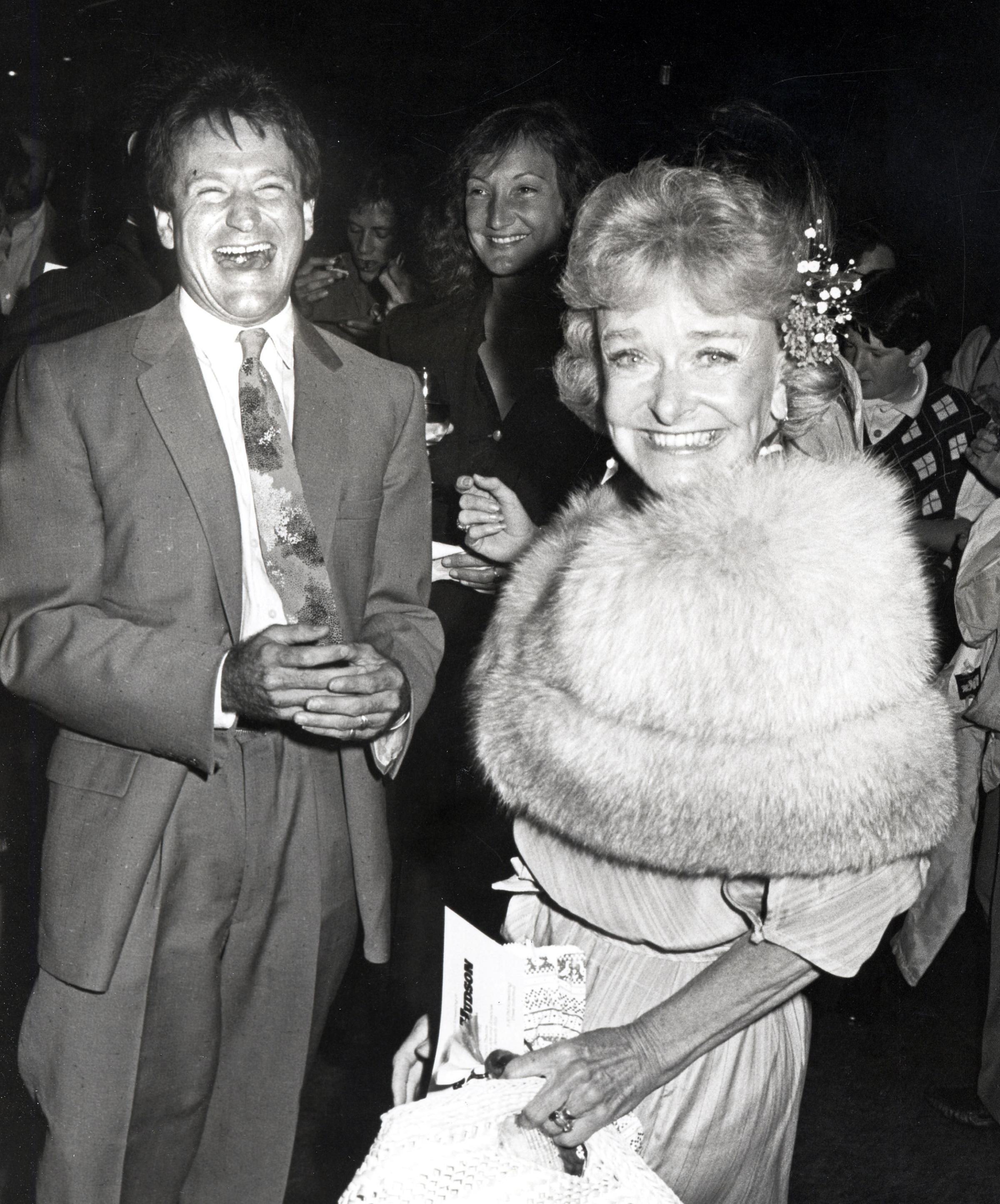
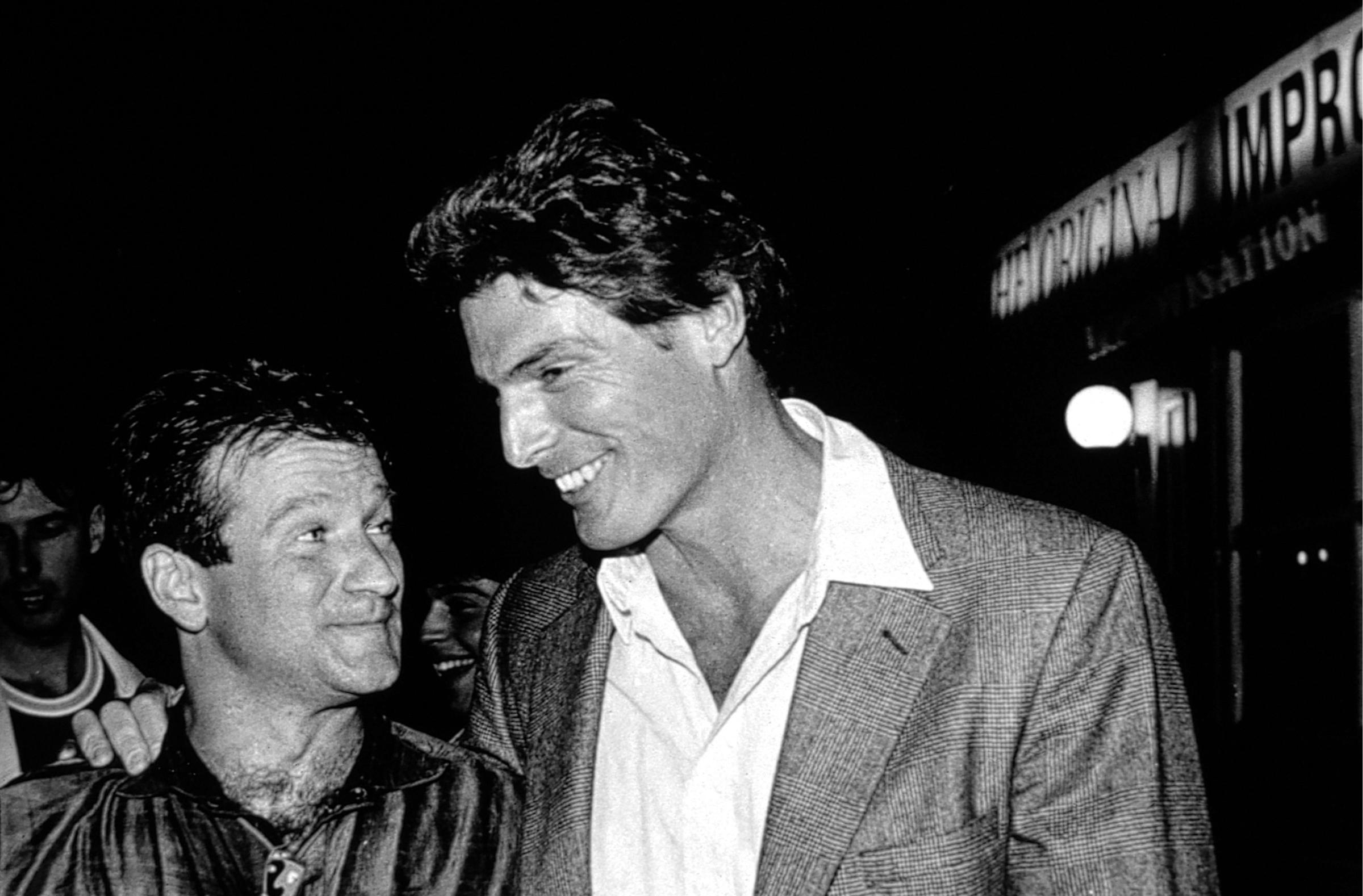
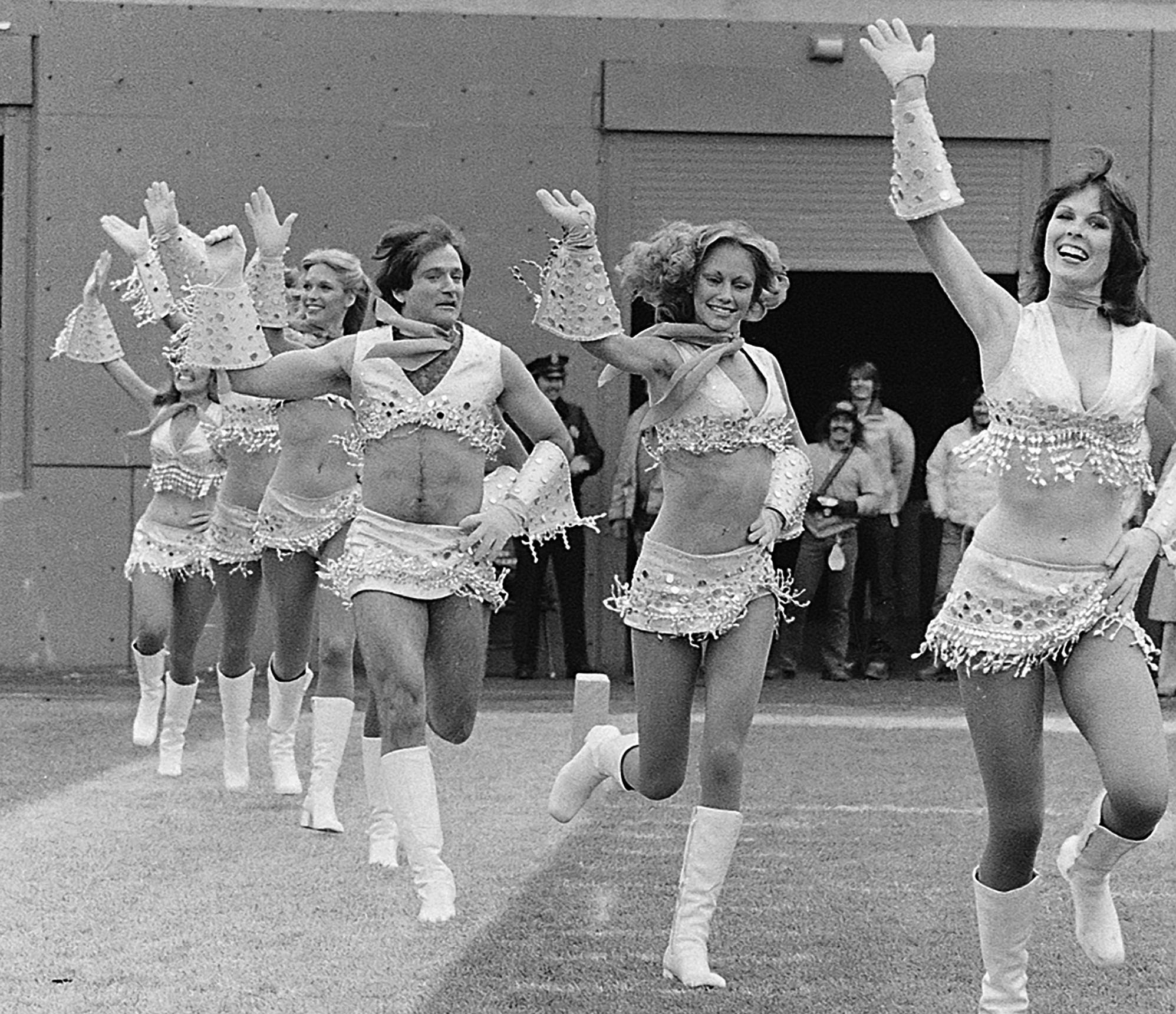
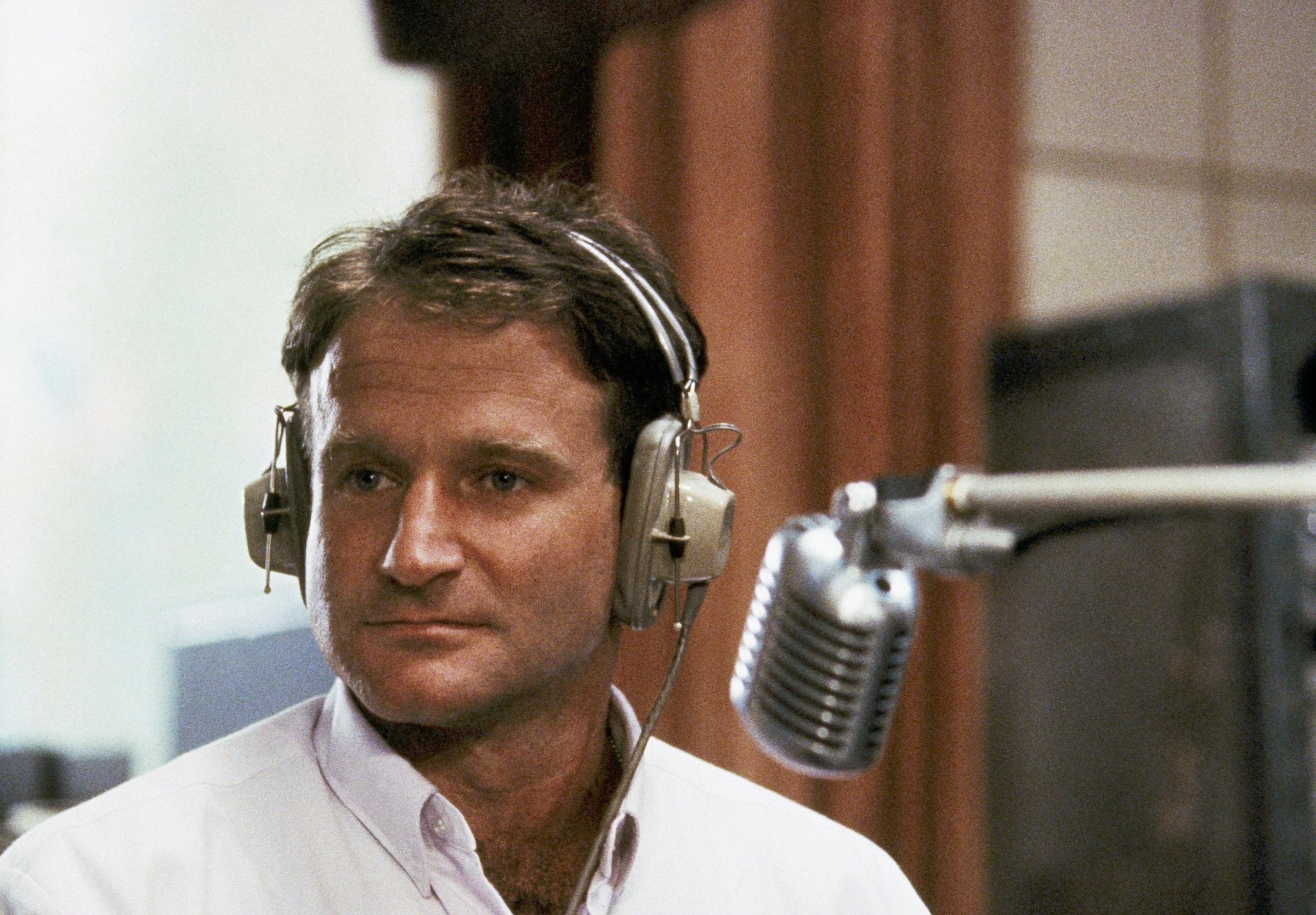
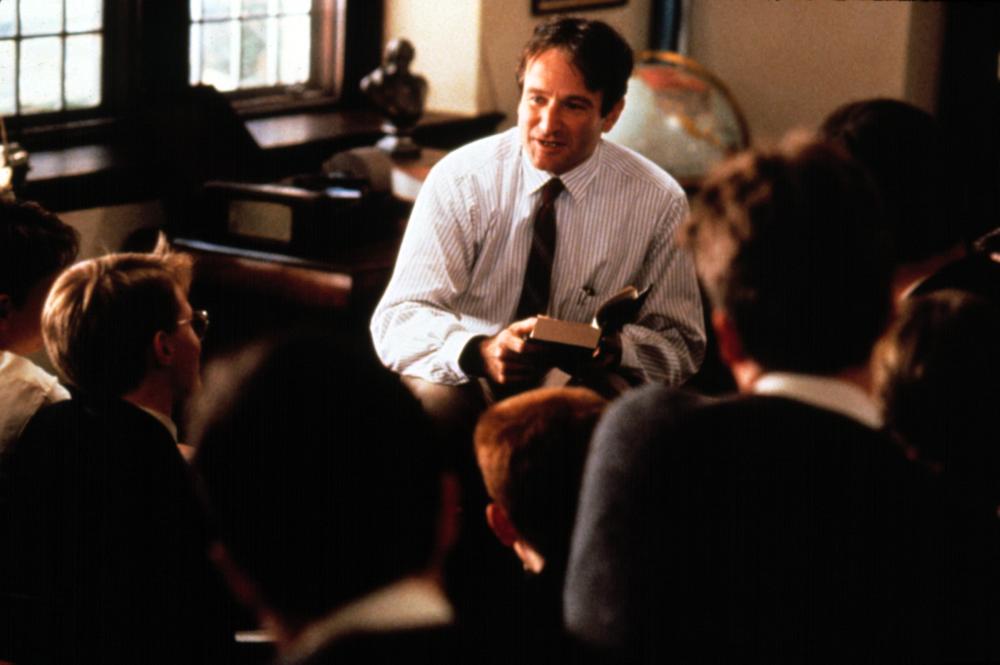
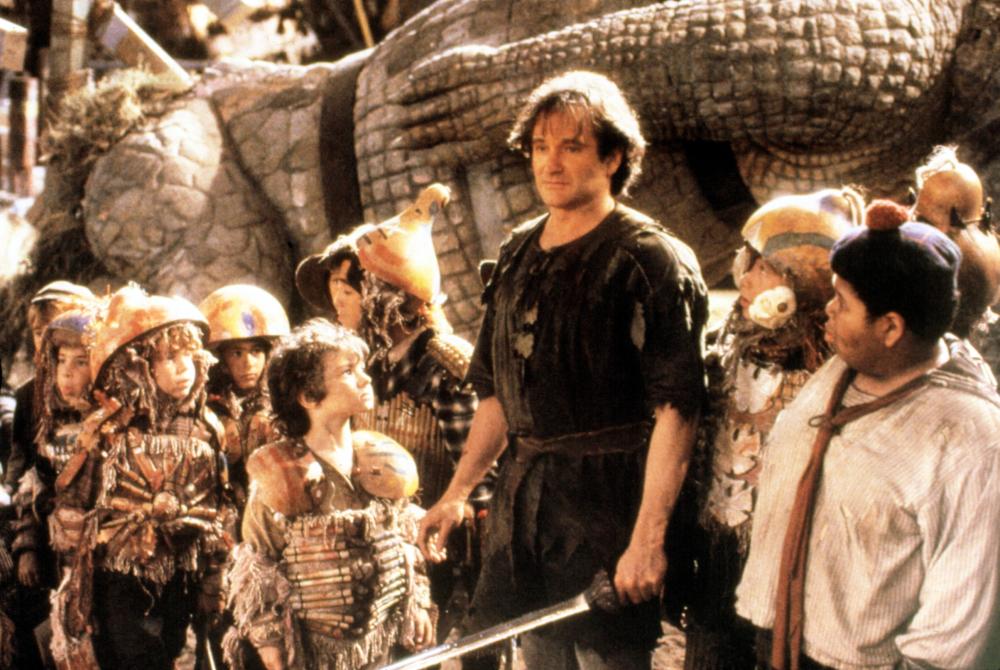
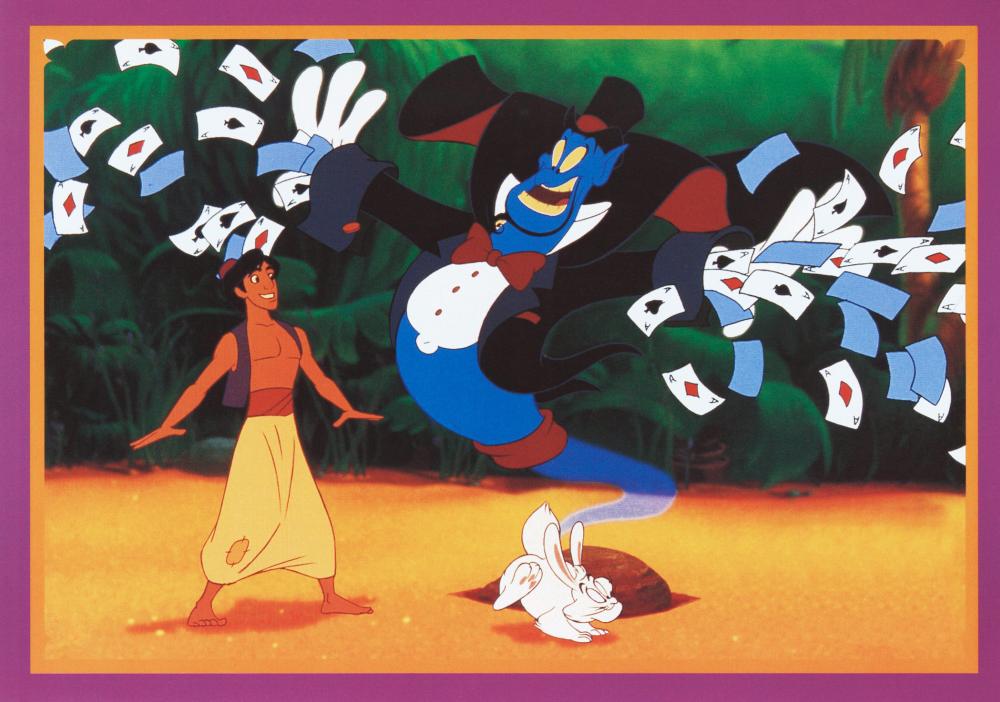
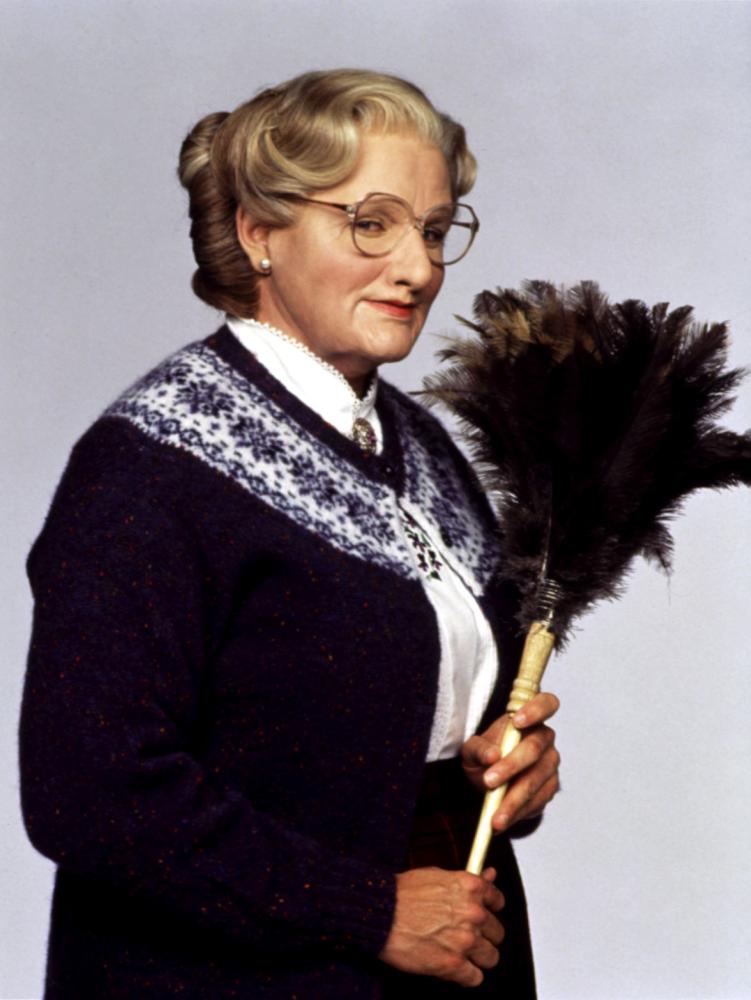
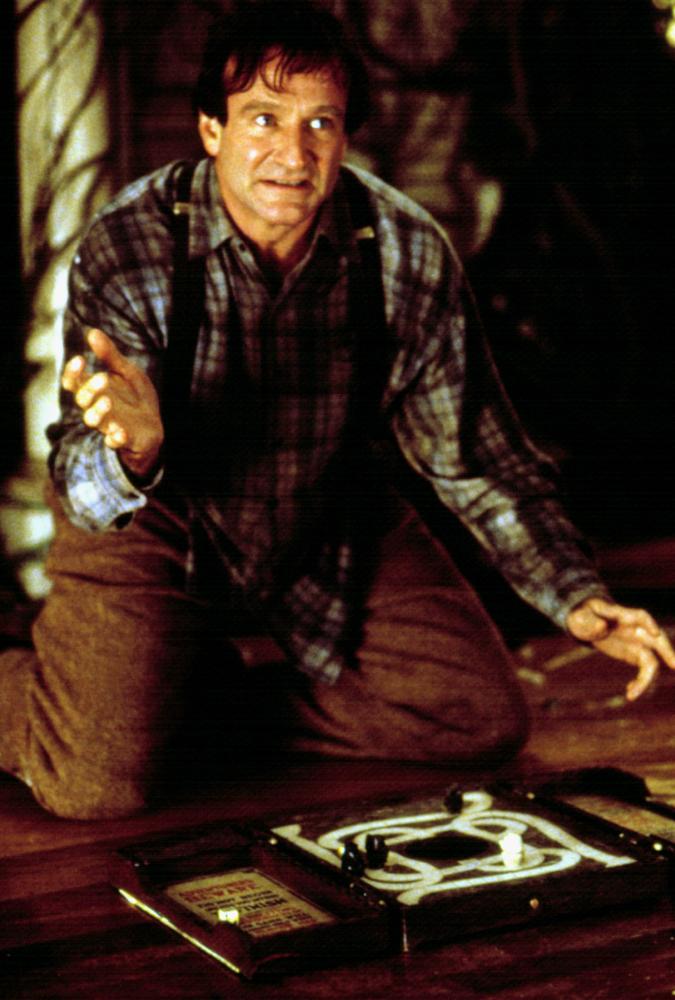
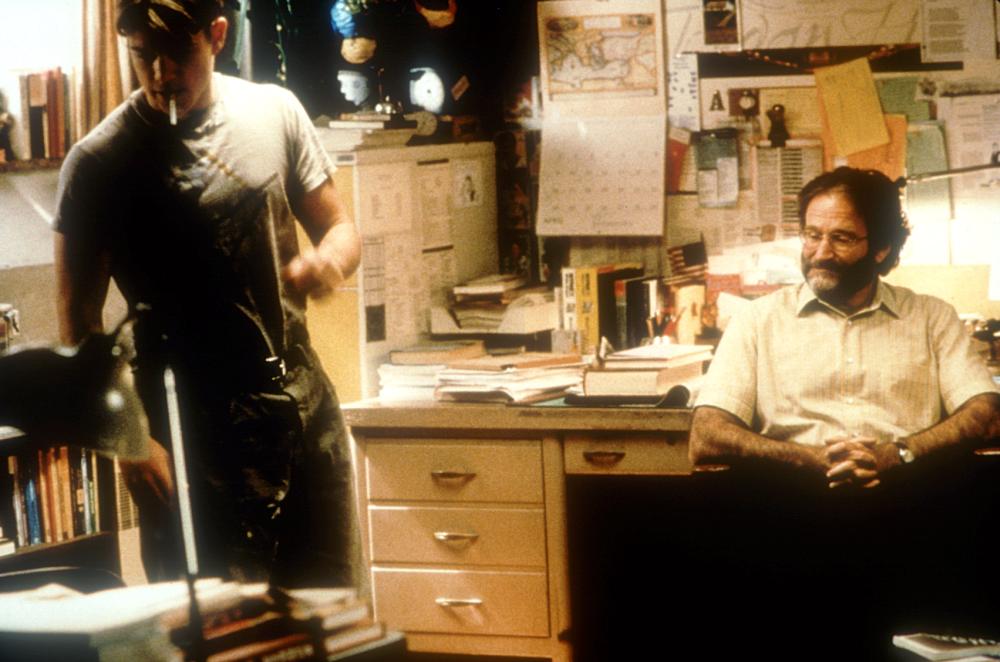
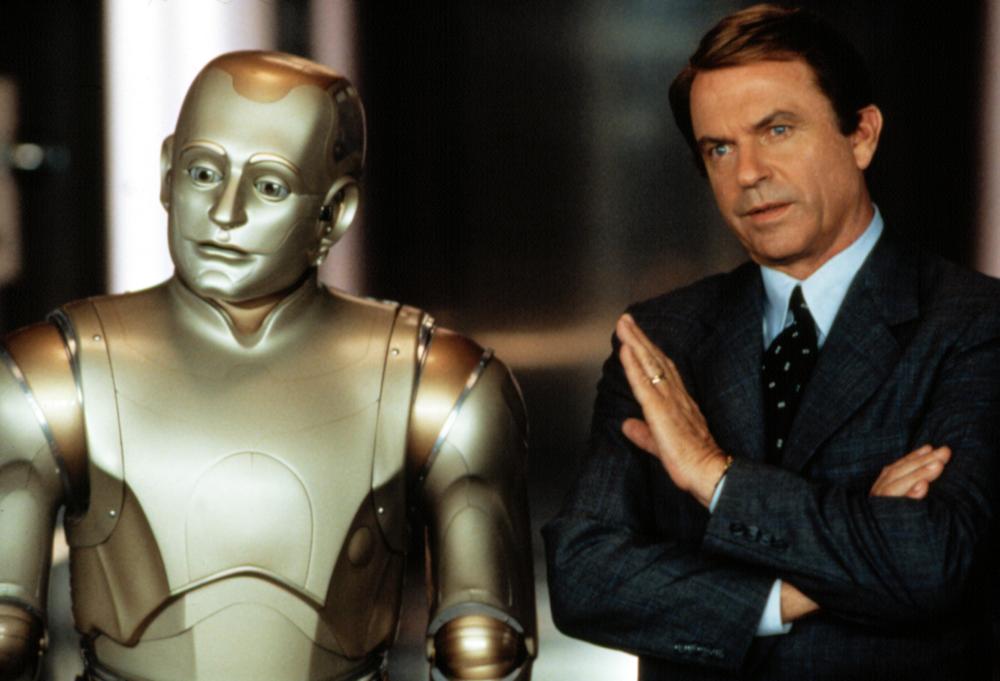
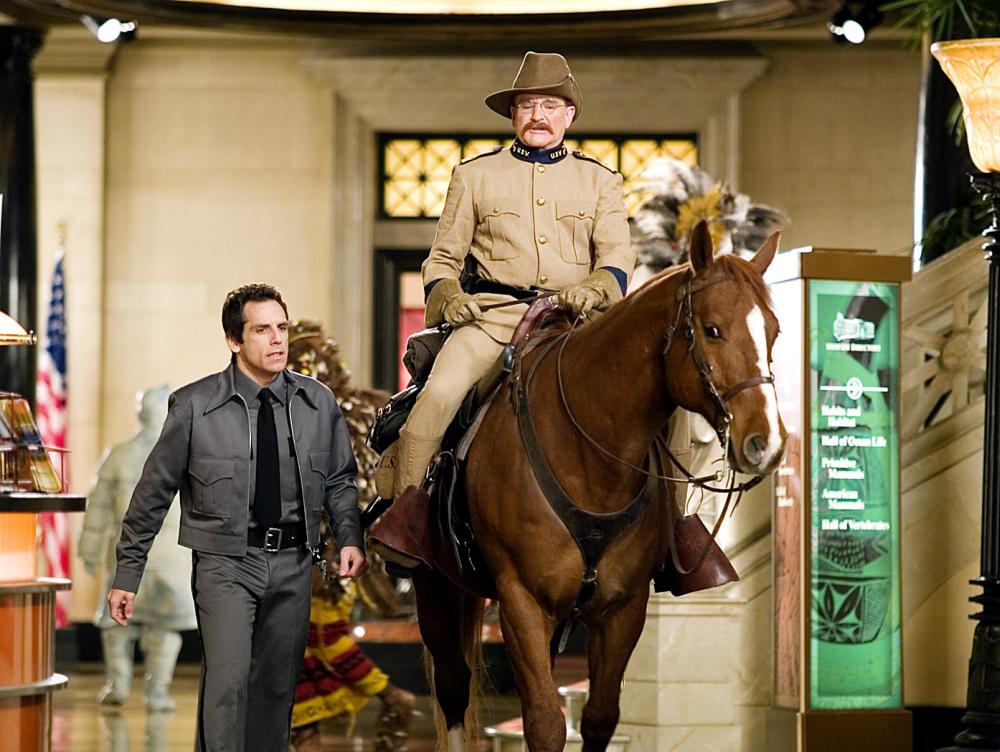
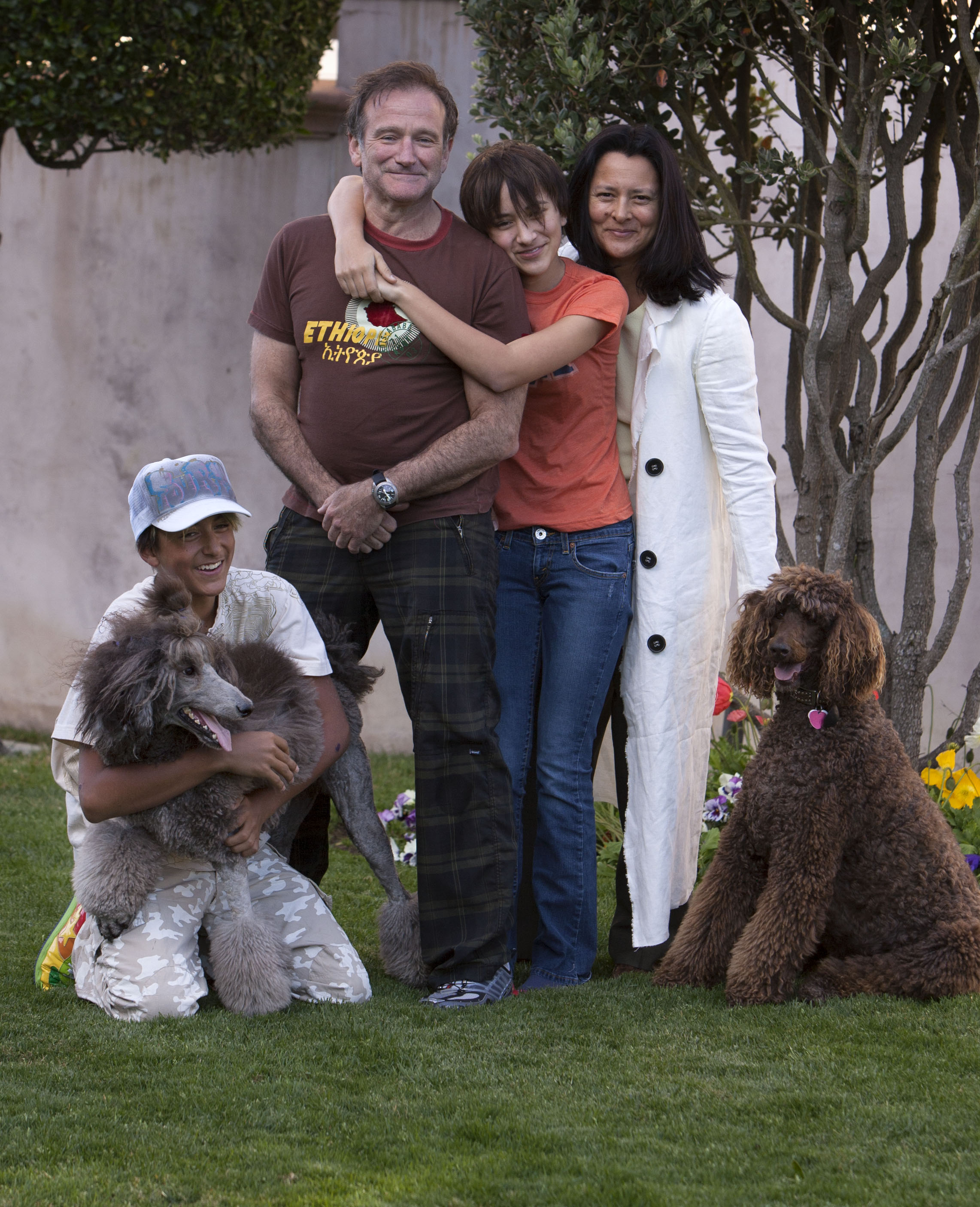
More Must-Reads from TIME
- Donald Trump Is TIME's 2024 Person of the Year
- Why We Chose Trump as Person of the Year
- Is Intermittent Fasting Good or Bad for You?
- The 100 Must-Read Books of 2024
- The 20 Best Christmas TV Episodes
- Column: If Optimism Feels Ridiculous Now, Try Hope
- The Future of Climate Action Is Trade Policy
- Merle Bombardieri Is Helping People Make the Baby Decision
Contact us at letters@time.com